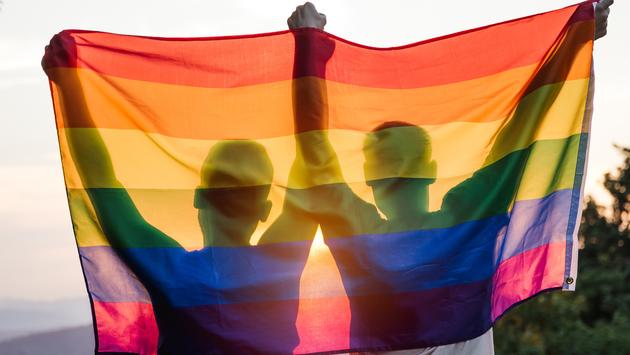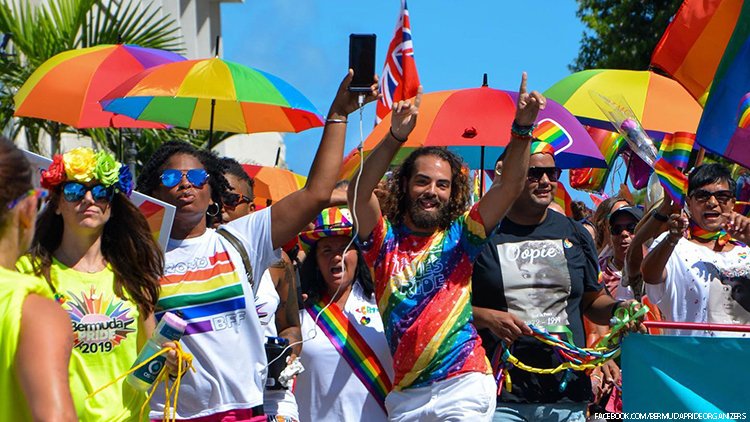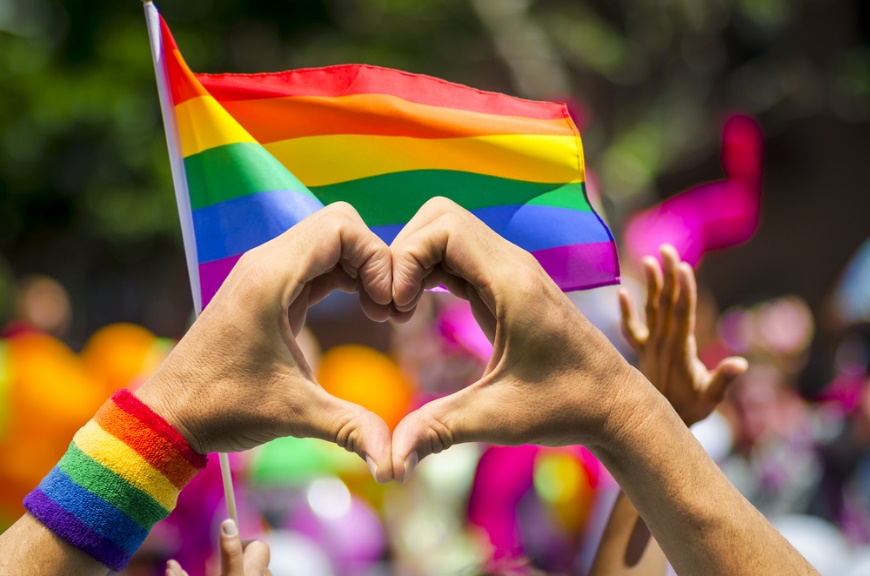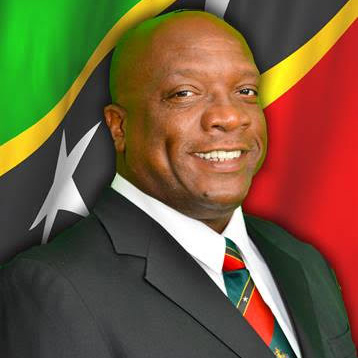
Avellon Williams
SAN JUAN, PUERTO RICO- After a ruling by a top appeal court in London, activists supporting same-sex marriage in the Cayman Islands and Bermuda have been dealt a serious blow.
United Kingdom’s Privy Council, which has jurisdiction over several Caribbean islands, sided with Bermuda’s government, which had challenged a local Supreme Court decision to permit gay marriage.

Based on its Constitution, the Privy Council also ruled that gays are not allowed to marry in the Cayman Islands.
Attorney Leonardo Raznovich, who represented a gay couple seeking to wed in the Cayman Islands, said, “I’m in shock.” “The decision is an affront to human dignity.”
Despite the verdict, Raznovich said he plans to fight the Privy Council’s decision.
The activists had hoped a favorable ruling would help sway public opinion in a largely conservative region where colonial anti-sodomy laws remain in place and same-sex marriage is seldom viewed as a right.

Billie Bryan, founder and president of Colours Cayman, a nonprofit advocacy group for the LGBTQ community said:
“It’s taken us some time to get here. … We’ve had to jump over a few hurdles. It would definitely act as a beacon of hope for the entire region.”
“The Privy Council has done nothing more, by its decision, than reassert the oppressive political environment of yesteryear.”
There was one dissension among the five judges in the Bermuda case. As part of its judgment, the Privy Council acknowledged that the historical background of marriage is “one of stigmatization, denigration, and victimization of gay people and that restricting marriage to opposite-sex couples may create a feeling of exclusion and stigma among gay people.”
Despite this, it stated that “international instruments and other countries’ constitutions cannot be used to read into (Bermuda’s constitution) a right to legal recognition of same-sex marriage.”

However, in the Cayman Islands’ case, the ruling was unanimous, with the judges writing that “the board’s interpretation implies that this is a matter of choice for the legislative assembly rather than a constitutional right.”
In 2018, Chantelle Day and Vickie Bodden Bush were denied marriage licenses in the Cayman Islands, and their case reached the Privy Council.
Following the couple’s recent adoption of a daughter, the Cayman Grand Court ruled that the denial was unlawful in march 2019. In a subsequent decision, a local court of appeals reversed the decision, stating that the Cayman Constitution prohibits same-sex marriages.
However, the court ordered the government to provide the women with a marriage-equivalent status. That didn’t happen, Raznovich said.
In response, the legal team sought a ruling from the Privy Council in London.
The case caused controversy in the Cayman Islands, where several lawmakers accused of homophobia sought to deport Raznovich several years ago due to his involvement in the case.
Despite the British territory’s social conservatism, Raznovich noted that the premier gave a speech last year at the gay pride parade.
“(It) was historical,” he said. “That has to be highlighted as a great step in the right direction.”
Both Raznovich and Byra noted that much work remains to be done and that the premier’s actions were not necessarily representative of the island’s government.
“I think people are more receptive to what we’re trying to achieve, but there’s still a lot of stigmas,” Bryan said.

While the case in Bermuda was being heard in the Privy Council, the government of Bermuda actively opposed local rulings upholding same-sex marriage.
The island’s Supreme Court upheld the legality of these marriages in May 2017, but the party that won the general elections rejected that decision and has only allowed domestic partnerships since then. During the debate, one senator observed:
“Society does not generally support same-sex marriage nor is it ready to accept it at present.”
Various courts ruled on the matter until it ultimately reached the Privy Council.





Recent Comments